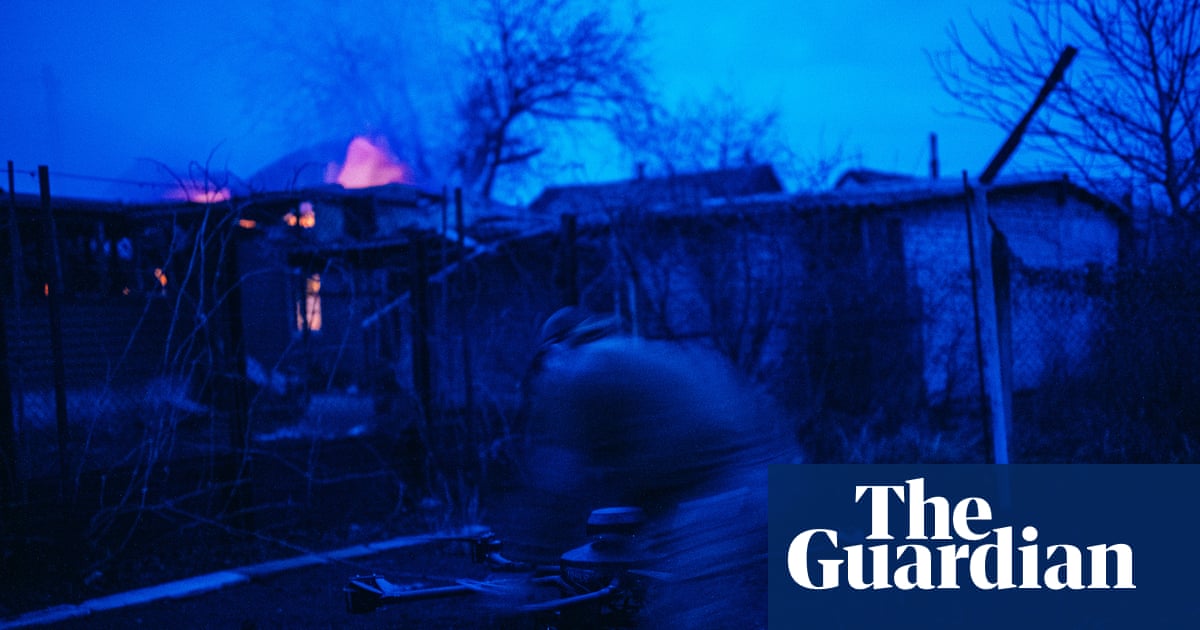The Scottish parliament has voted overwhelmingly for “historic” long-term rent controls – a first across the UK – as part of a wide-ranging housing bill that campaigners argue has been “gutted” of its most progressive measures.
The provision for ministers to designate rent control zones, allowing councils to limit rent increases to one percentage point above inflation, up to a maximum rent increase of 6%, was hailed as a “historic step for fixing the rigged housing market” by the Scottish Greens.
They had made rent controls and stronger tenants’ rights a key part of the Bute House agreement, their governing partnership with the SNP which ended in acrimony last year.
But the Scottish government’s housing minister, Màiri McAllan, announced last month that mid-market rent and build-to-let homes, including student accommodation, will be exempt from the cap because of concerns the measure could suppress housebuilding.
The Scottish tenants’ union Living Rent described the exemptions as “a cowardly response to extensive lobbying from landlords” that would “create a two-tier system of rent controls”.
The Scottish Association of Landlords described the move as “a promising development” and previously lobbied for the cap rate that was eventually agreed.
The wide-ranging legislation – passed by 89 votes to 28 late on Tuesday night – includes “Awaab’s law”, similar to that brought in by the UK government earlier this year and prompted by the death of a two-year-old in Rochdale who was exposed to damp and mould before developing fatal respiratory disease. It sets deadlines for landlords to address issues that are hazardous to tenants’ health. The bill also includes stronger support for social tenants facing domestic abuse.
After the breakdown of the Bute House agreement, the Scottish Greens continued to push for better protections against evictions, but ultimately failed to secure their changes, although MSPs on Tuesday approved their amendment for council tax on second and empty homes to be uncapped, similar to recent moves in Wales.
McAllan said after the vote that imposing duties on public bodies to prevent people from losing their homes by asking about their housing situation and taking action would “create a gold-standard homelessness prevention system”.
But Shelter Scotland has previously warned that proposing additional duties on councils that are already failing to deliver existing homelessness laws “runs the risk of making the situation worse”.
The legislation was voted on as quarterly housing statistics revealed the number of new homes being completed fell by 6% in the past year.
Shelter Scotland’s director, Alison Watson said: “Once again, we are seeing the consequences of decades of underfunding and poor political choices in housing.”
Living Rent’s national campaigns chair, Ruth Gilbert, said: “In the midst of a housing emergency, the rent controls proposed are the bare minimum that tenants need. After the vote, MSPs need to go much further with bold action that actually addresses the housing emergency through a range of additional measures, not just paper over the cracks.”

 2 months ago
65
2 months ago
65

















































